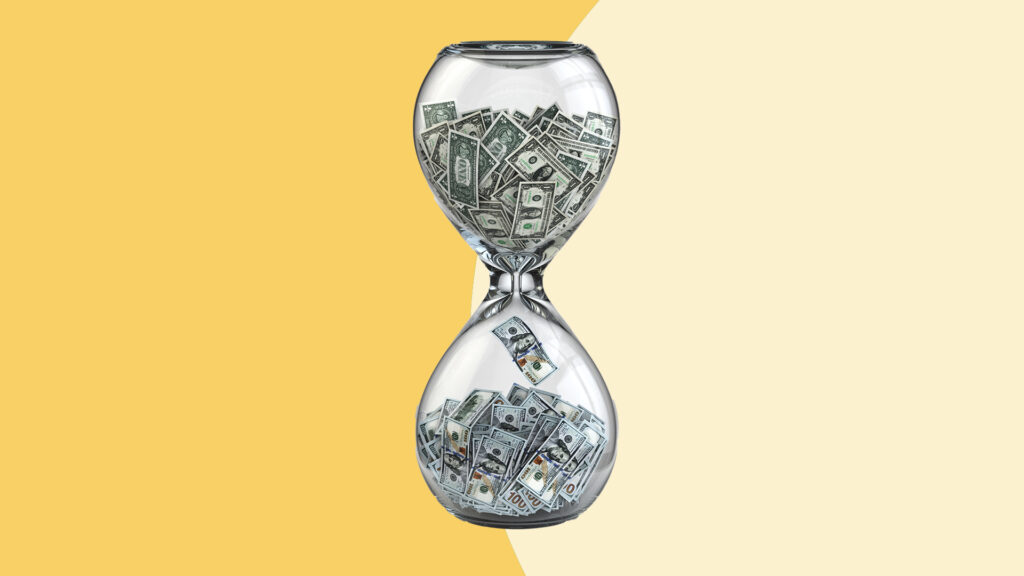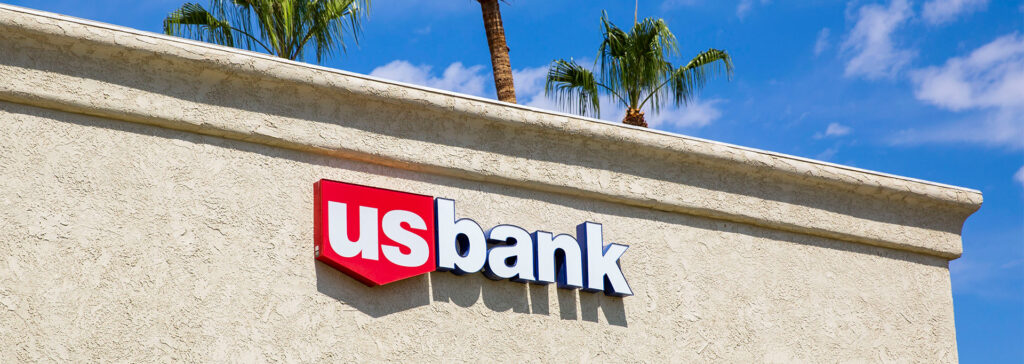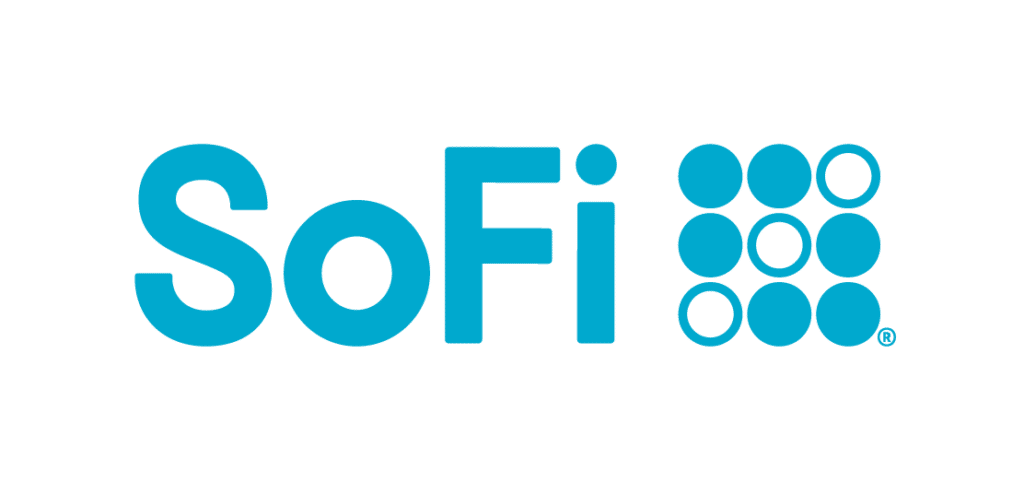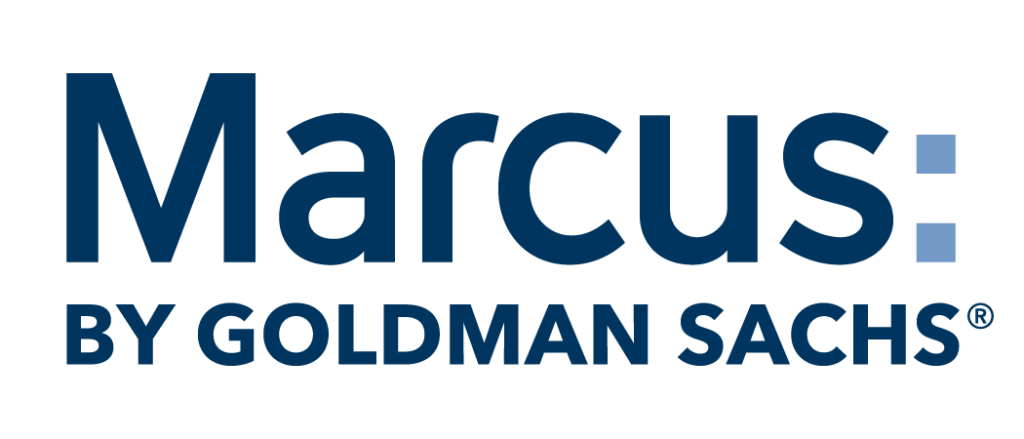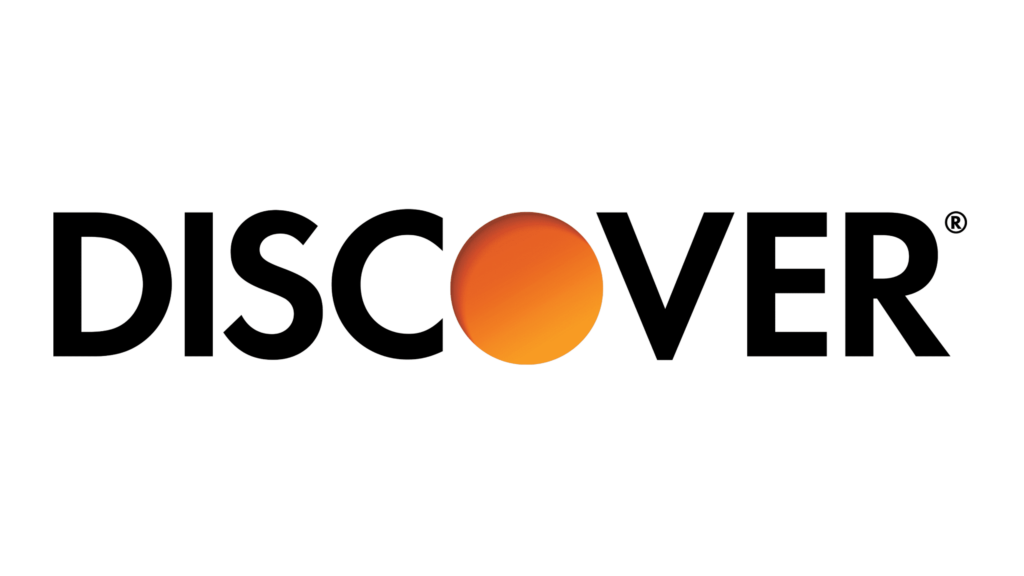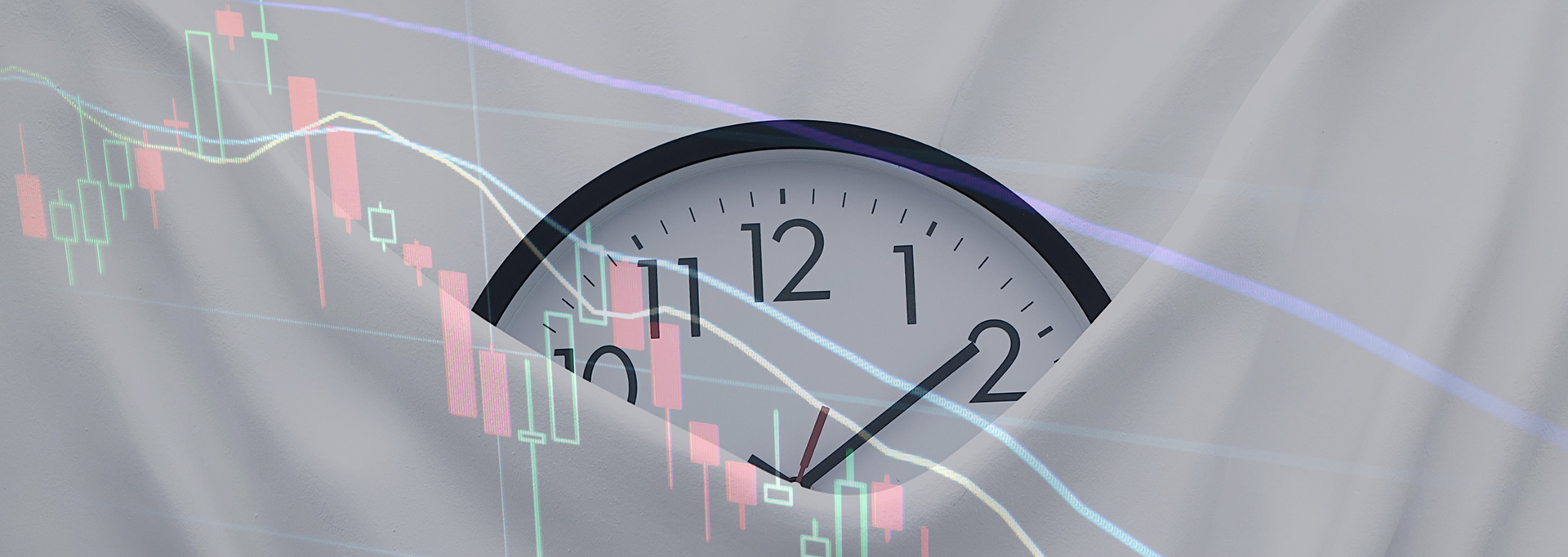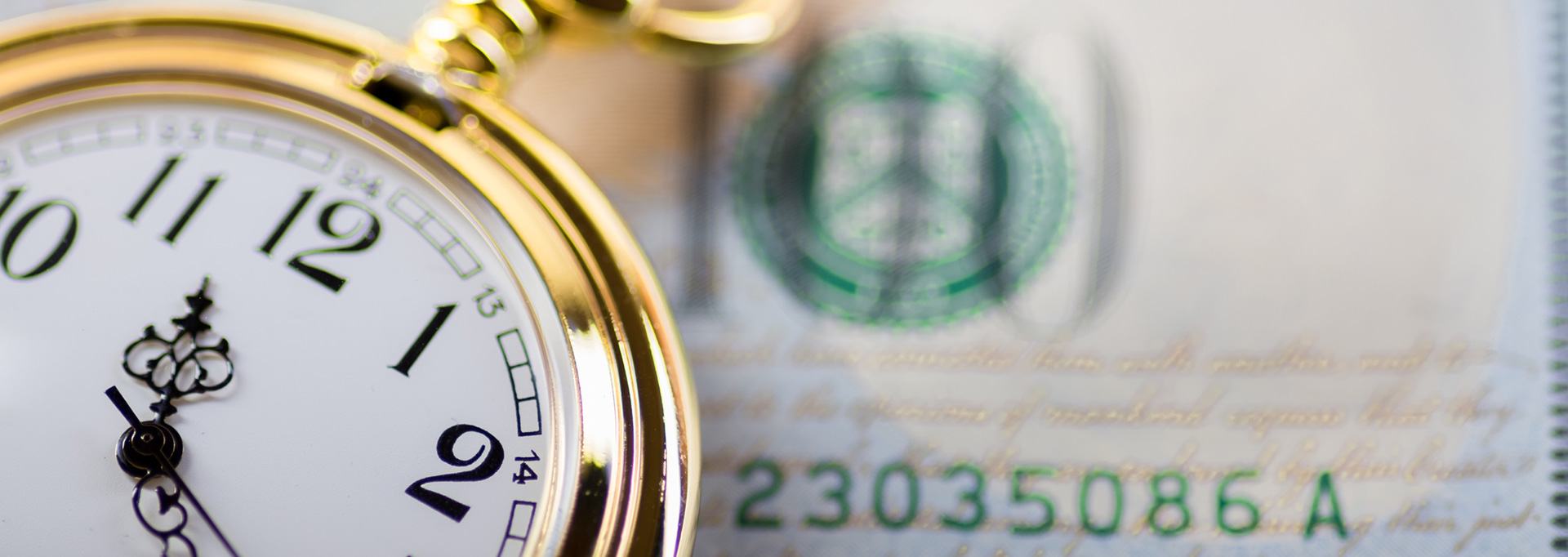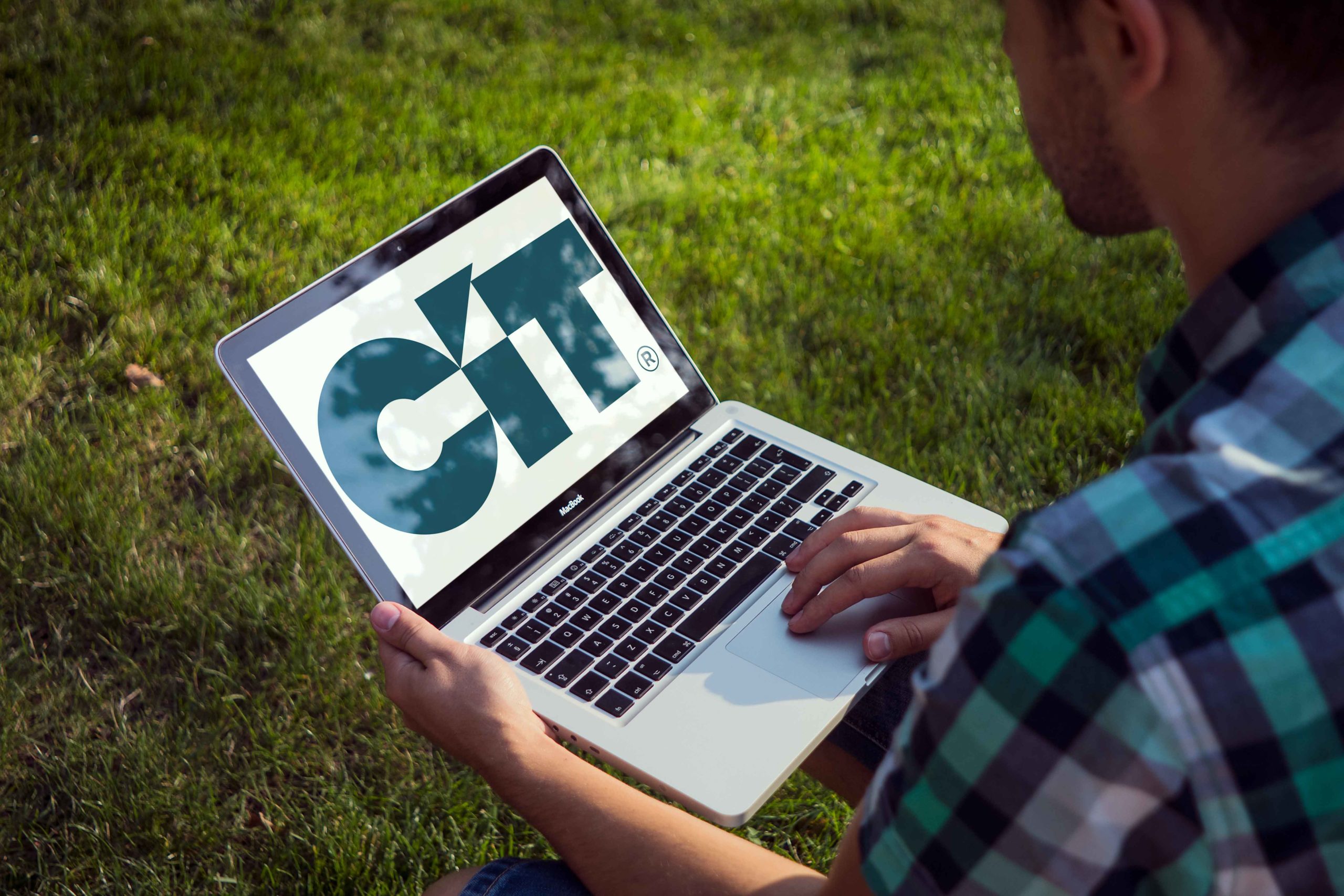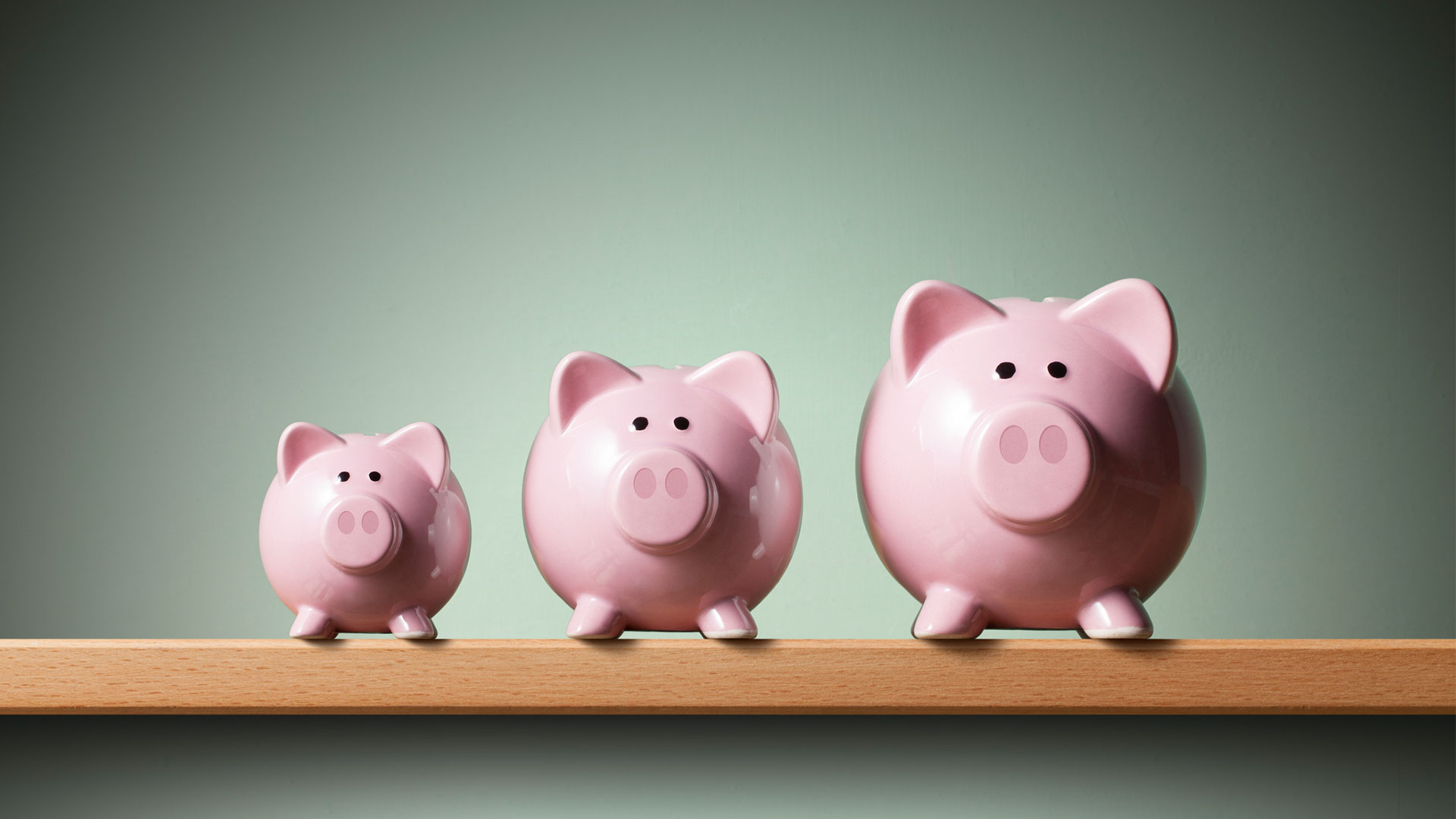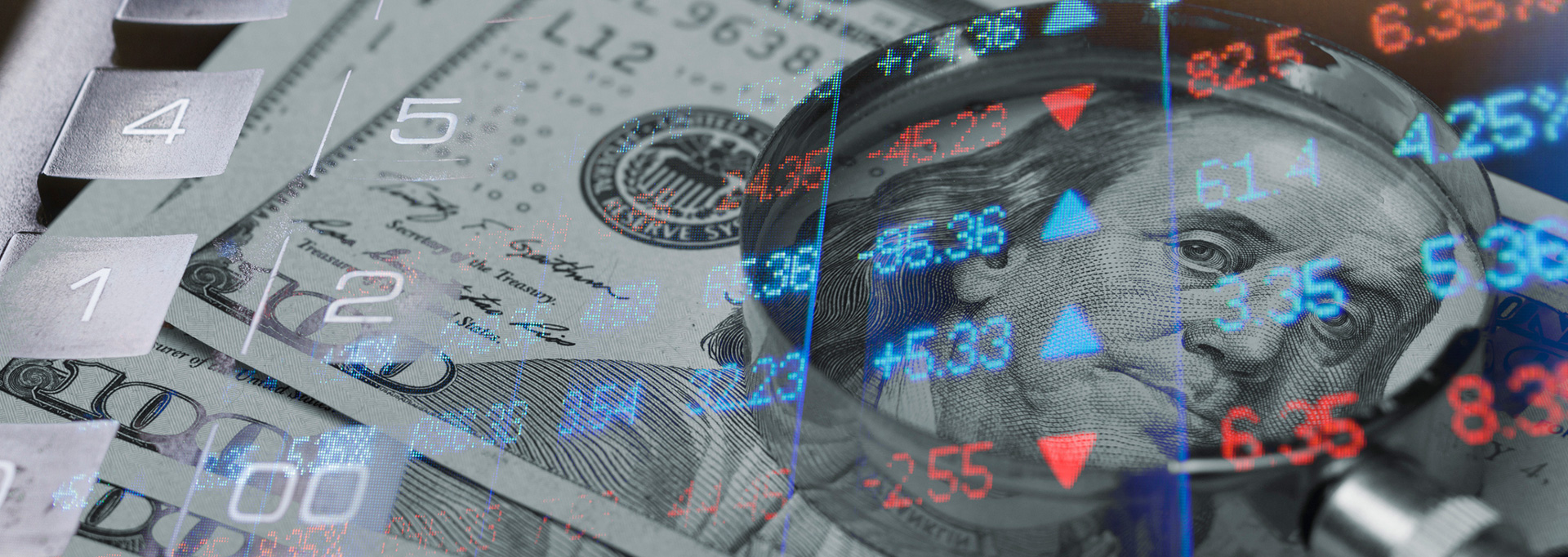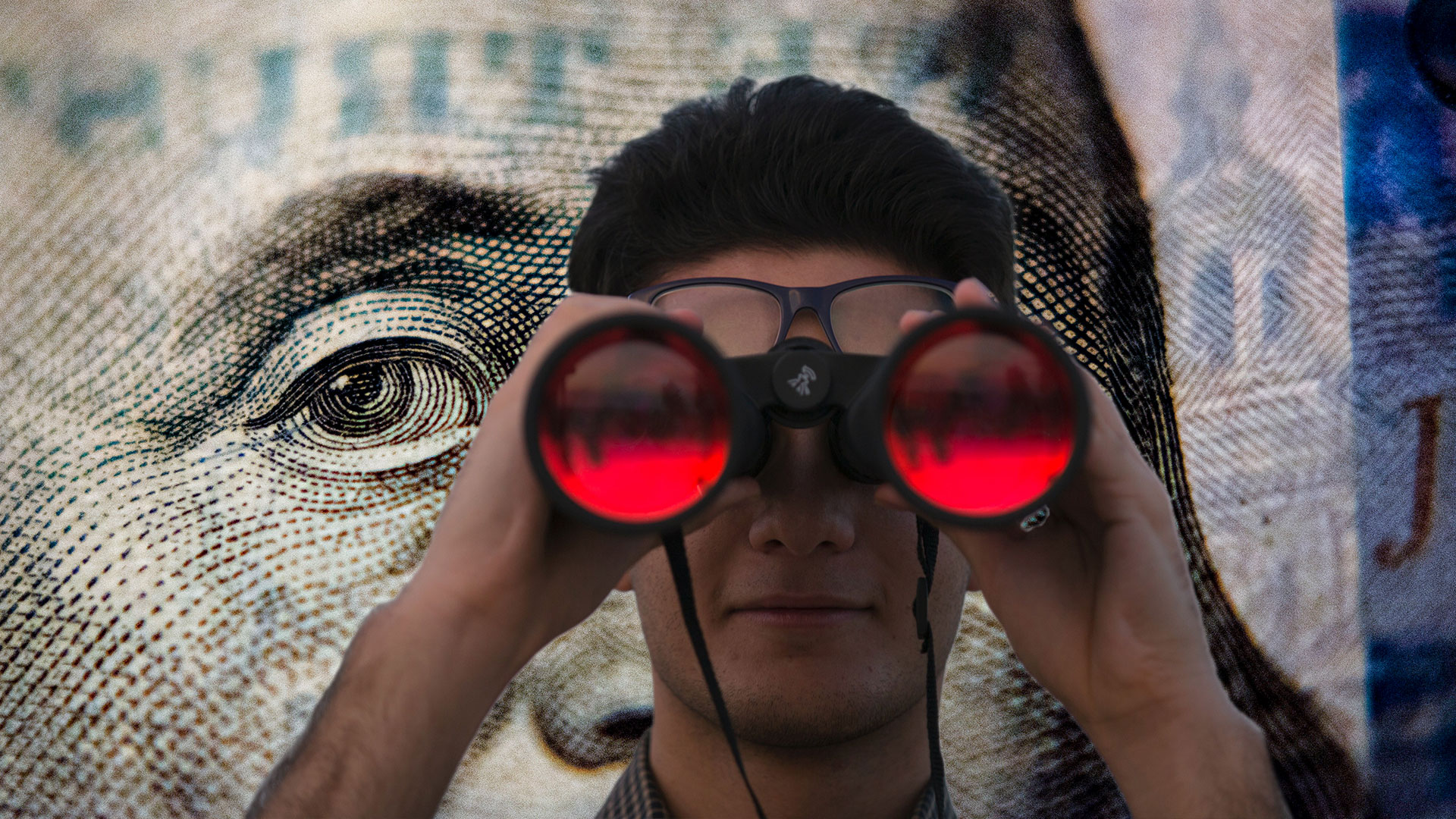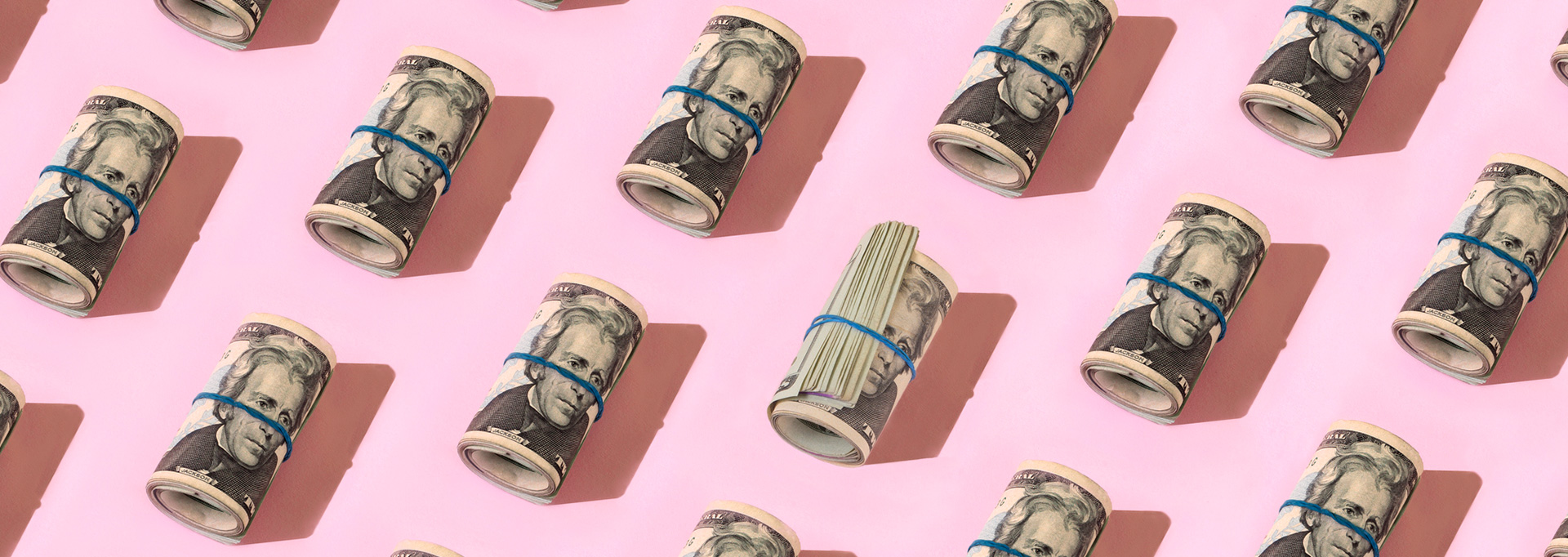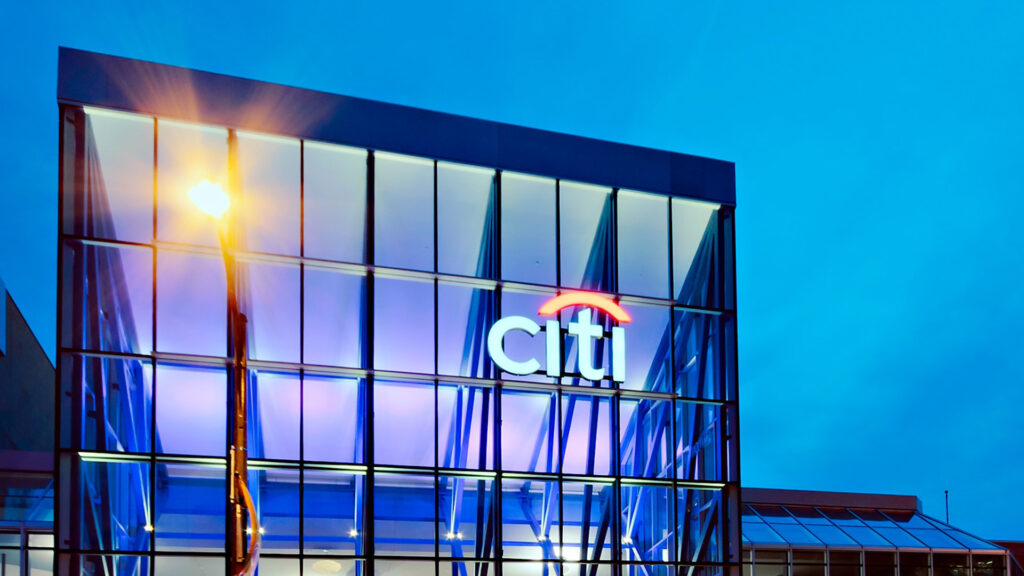Most products on this page are from partners who may compensate us. This may influence which products we write about and where and how they appear on the page. However, opinions expressed here are the author's alone, not those of any bank, credit card issuer, airline or hotel chain.
A certificate of deposit (CD) can be a great place to store your short-term savings. These accounts often have higher annual percentage yields (APYs) than standard savings accounts, though they might be lower than or on par with the best high-yield savings accounts. With a CD, though, you can’t access your funds for a set time—if you withdraw before the maturity date, you’ll pay a penalty, and those fees could offset or negate your earnings.
But if rates rise due to inflation and higher rates become available elsewhere, it might make sense to break your current CD and start from scratch. Here are three questions to ask before you decide.
Recommended High-Yield Savings Accounts
| Bank Account | APY | Features | Learn More |
|---|---|---|---|
|
|
5.25%
UFB Direct breaks balances into five tiers, but, currently, there is only one interest rate. |
No minimum deposit |
Open Account |
|
|
0.50% - 4.60%
Customers earn 4.60% APY on savings balances when they set up recurring monthly direct deposit of their paycheck or benefits provider via ACH deposit. Alternatively, deposit at least $5,000 each month to earn 4.60% APY on your savings balance. Checking balances earn 0.50% APY |
No minimum deposit |
Open Account |
|
|
5.05%
Earn 5.05% APY on balances over $5,000. Balances of less than $5,000 earn 0.25% APY. Annual Percentage Yield is accurate as of July 27, 2023. Interest rates for the Platinum Savings account are variable and subject to change at any time without notice. |
$100 minimum deposit |
Open Account |
|
|
4.65%
Annual Percentage Yield is accurate as of July 27, 2023. Interest rates for the Savings Connect account are variable and subject to change at any time without notice. |
$100 minimum deposit |
Open Account |
1. What Will the Early Penalty Cost?
With most certificates of deposit, making a withdrawal before your CD matures results in a
Below is an overview of CD early withdrawal penalties at a variety of popular banks.
| Financial Institution | 1-Year CD (Early Withdrawal Penalty) | 5-Year CD (Early Withdrawal Penalty) |
|---|---|---|
|
60 days of interest |
150 days of interest |
|
|
3 months of interest |
6 months of interest |
|
|
6 months of interest |
18 months of interest |
|
|
180 days of interest |
180 days of interest |
|
|
90 days of interest |
365 days of interest |
2. Could I Earn More Interest by Reinvesting My Savings in a New CD?
If interest rates have gone up since you took out your certificate of deposit, it might be
Here’s how to calculate whether you might earn more by making an early CD withdrawal and reinvesting your savings in a new CD
- Calculate the amount of interest your CD earns each day or month.
- M
ultiply the interest by the number of days (or months) of interest you would lose if you made an early withdrawal. - Calculate the amount of interest you could potentially
earn from the new CD, but only for the duration of the old CD’s term. - Compare the potential
earnings from the new CD (for the duration of the old CD’s term) to the penalty.
If the penalty is less than the potential profits, it might make sense to break your CD early. But if your calculations result in a loss, it’s probably better to leave your cash in the existing CD until its maturity date. Then you can consider investing in a higher-rate CD or a high-yield savings account or money market account at a future date.
Recommended CD Accounts
| Account | 1-Year APY | 3-Year APY | 5-Year APY | Learn More |
|---|---|---|---|---|
|
|
0.30%
Annual Percentage Yield is accurate as of April 2, 2024. Interest rates for CIT Bank's term CDs are variable and subject to change at any time without notice |
0.40%
Annual Percentage Yield is accurate as of April 2, 2024. Interest rates for CIT Bank's term CDs are variable and subject to change at any time without notice |
0.50%
Annual Percentage Yield is accurate as of April 2, 2024. Interest rates for CIT Bank's term CDs are variable and subject to change at any time without notice |
Open CD |
|
|
4.80% | 4.00% | 3.90% | Open CD |
|
|
4.90% | 4.15% | 4.00% | Open CD |
|
|
4.70% | 3.75% | 3.75% | Open CD |
|
|
4.50% | 4.40% | 4.30% | Learn More |
3. Do I Need to Access My Savings for Another Reason?
You might need to access the cash in your CD early for an emergency or other unplanned need. Many financial experts recommend setting aside at least
In general, it’s
It can be upsetting to face an early withdrawal penalty and lose a portion of the interest you worked hard to earn, but having those savings could help you out of a crisis, which is sometimes the most important thing. Once your financial situation improves, you can work to rebuild your emergency fund for the future.
Bottom Line
When you open a CD from an FDIC insured bank and remain within federal deposit limits, your savings is protec
Nonetheless, there are a few situations where an early CD withdrawal could make sense. Just be sure to take your time, crunch the numbers and examine your situation from all angles before you make a decision that you can’t reverse.
Build your savings fasterExplore the Best CD Rates
Visit the Marketplace